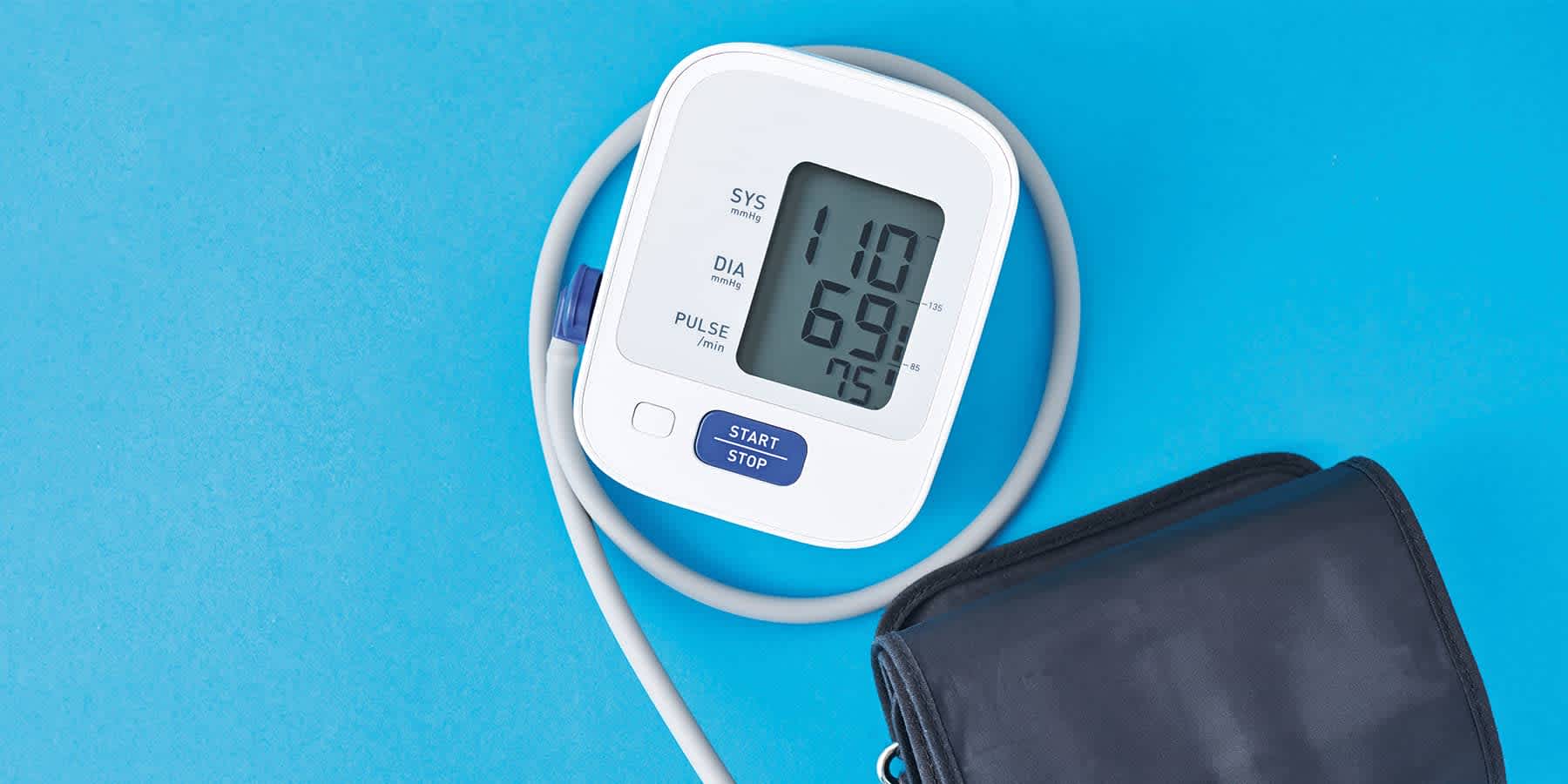
Heart disease and stroke: what you need to know
Written on February 27, 2023 by Gillian (Gigi) Singer, MPH. To give you technically accurate, evidence-based information, content published on the Everlywell blog is reviewed by credentialed professionals with expertise in medical and bioscience fields.
Table of contents
- Causes of coronary heart disease and stroke
- Risk factors of coronary heart disease and stroke
- Prevention
- Taking action
- Get answers with Everlywell
- Related content
According to the CDC, “More than 877,500 Americans die of heart disease, stroke, or other cardiovascular diseases every year” [1]. In fact, heart disease is the leading cause of death and stroke is the fifth leading cause of death in the US [1].
Causes of coronary heart disease and stroke
Both conditions are often caused by a buildup of plaque in the arteries; plaque is a culmination of cholesterol buildup within the walls of your arteries [2]. This buildup blocks and/or decreases blood flow to your vital organs like your heart and brain [2].
Risk factors of coronary heart disease and stroke
Here are some of the other key causes of coronary heart disease and stroke:
High blood pressure
High blood pressure, or hypertension, is a major risk factor for both coronary heart disease and stroke. When blood pressure is consistently high, it can damage the walls of the arteries and increase the risk of plaque buildup.
High cholesterol
Cholesterol is a type of fat that can build up in the arteries and form plaques. High levels of “bad” cholesterol, or LDL cholesterol, can increase the risk of developing coronary heart disease and stroke.
Smoking
Smoking is a major risk factor for both coronary heart disease and stroke. It damages the lining of the blood vessels and can cause them to narrow, which can reduce blood flow to the heart and brain.
Diabetes
People with diabetes are at a higher risk of developing both coronary heart disease and stroke. High blood sugar levels can damage blood vessels and lead to plaque buildup.
Obesity
Being overweight or obese can increase the risk of developing coronary heart disease and stroke. It can also contribute to other risk factors like high blood pressure and diabetes.
Lack of physical activity
Regular exercise is important for maintaining a healthy heart and reducing the risk of coronary heart disease and stroke. A sedentary lifestyle can contribute to other risk factors like high blood pressure, high cholesterol, and obesity.
Genetics
Some people may be genetically predisposed to developing coronary heart disease and stroke. This can be due to inherited traits like high blood pressure or high cholesterol.
Prevention
Many of these risk factors are “modifiable,” meaning they can be addressed through lifestyle changes or medical treatments. By managing these risk factors, it’s possible to reduce the risk of developing coronary heart disease and stroke and improve overall cardiovascular health.
Below are some action steps that you can take in order to prevent heart disease and stroke [1]:
Maintain a healthy diet
A healthy diet is essential for preventing heart disease and stroke. Include fruits, vegetables, whole grains, lean proteins, and healthy fats in your diet. Avoid foods that are high in saturated and trans fats, sodium, and added sugars.
Exercise regularly
Regular exercise can help improve heart health and reduce the risk of stroke. Aim for at least 150 minutes of exercise per week.
Weight management
Being overweight or obese increases the risk of heart disease and stroke. Maintain a healthy weight by following a healthy diet and exercising regularly.
Controlling your blood pressure
High blood pressure is a major risk factor for heart disease and stroke. Get your blood pressure checked regularly and take steps to control it if it is high. This may include medication, lifestyle changes, or a combination of both.
Manage your cholesterol levels
High levels of LDL cholesterol can increase the risk of heart disease and stroke. Eat a healthy diet, exercise regularly, and take medication if needed to keep your cholesterol levels in check.
Break your smoking habit
Smoking is a major risk factor for heart disease and stroke. If you smoke, quit as soon as possible. Seek help from your healthcare provider or a support group if needed.
Limit alcohol consumption
Drinking too much alcohol can increase blood pressure and contribute to heart disease and stroke. Limit your alcohol intake to no more than one drink per day for women and two drinks per day for men.
Stress management
Chronic stress can contribute to heart disease and stroke. Practice stress-management techniques such as meditation, yoga, or deep breathing exercises.
Taking action
Speak with your healthcare provider to develop a personalized plan for preventing these conditions. Every person is different, so every person’s treatment plan and health journey will look different.
Get answers with Everlywell
Everlywell offers a Heart Health Test which is an at-home lab test for anyone interested in a more comprehensive look at heart health. It measures your total cholesterol, HDL, calculated LDL, triglycerides, hs-CRP, and HbA1c, all with a simple prick of a finger. Your test is processed in a CLIA-certified (Clinical Laboratory Improvement Amendments) lab and an independent board-certified physician from your state will review and approve your results. Plus, Everlywell is HIPAA compliant and takes your privacy very seriously.
Related content
Is hypertension cardiovascular disease?
How breakfast is important for heart disease
What causes coronary heart disease?
How long do heart attacks last?
Do you need an AED when performing CPR?
Understanding the intersection of stress and heart disease
References